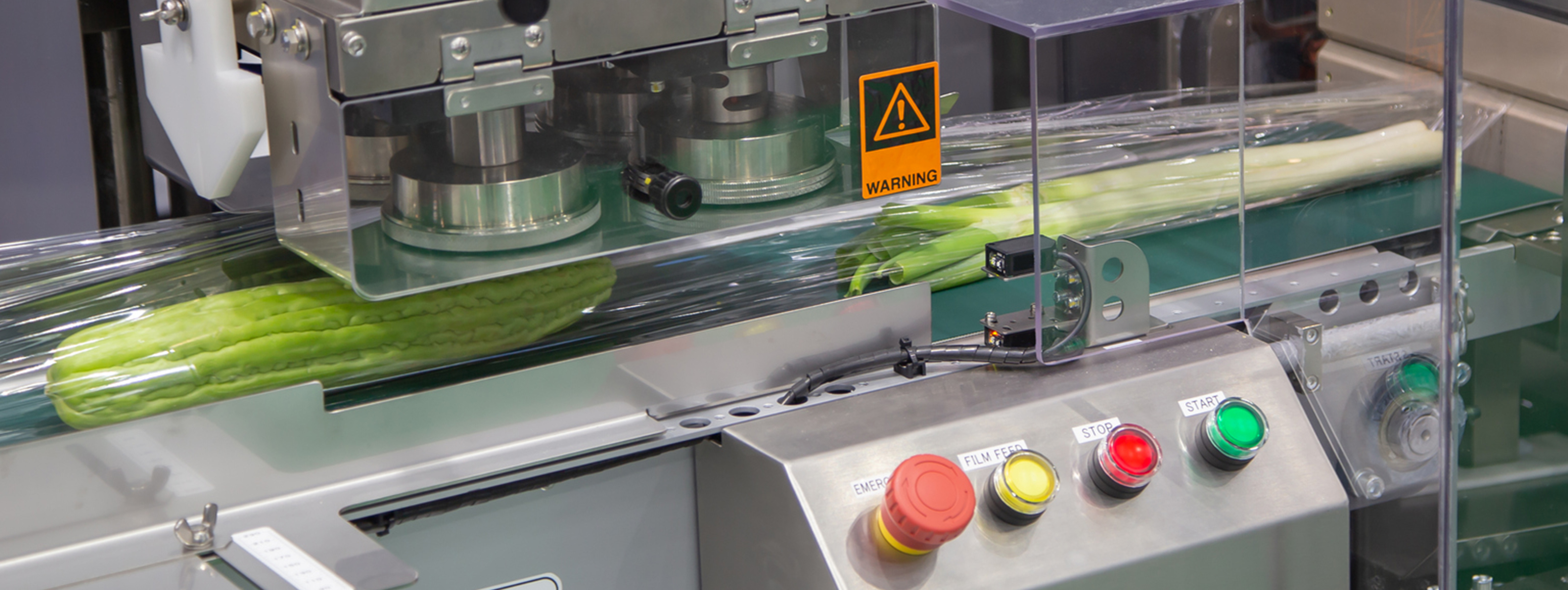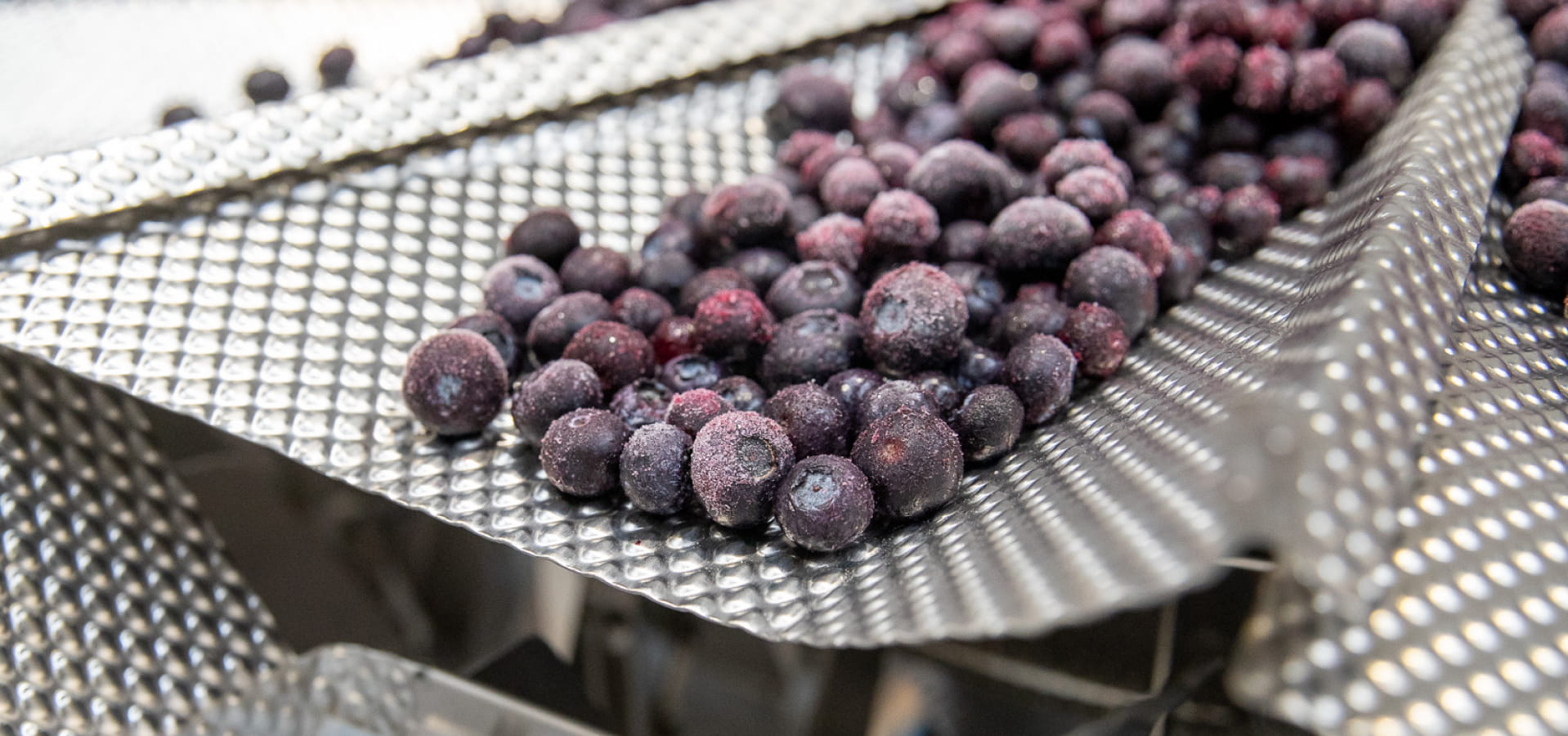Packaging plays a significant role in the success of any brand, particularly in the food industry.
When it comes to selecting the right packaging method, two popular options are: flow wrap and shrink wrap. Both methods offer distinct advantages, but understanding them and determining which one aligns best with your business needs is essential.
In this article, we explore the two packaging options, to help you to make an informed decision about the ideal packaging method for your product.
Understanding flow wrap
Flow wrap, also known as horizontal form-fill-seal (HFFS) packaging, involves sealing a product in a continuous film while creating a sealed package on all sides.
The packaging machine guides the product through a series of operations, including forming the film, filling it with the product, and sealing it.
Flow wrap is popular for packaging individual items or groups of products, such as candy bars, snack bags, or baked goods.
Advantages of flow wrap
- Versatility: Flow wrap accommodates various product shapes and sizes, making it suitable for a wide range of items.
- Product Visibility: The transparent film used in flow wrap allows customers to see the product, enhancing its visual appeal of your product.
- Shelf Life: It provides excellent protection against moisture, contaminants, and tampering, ensuring the product’s freshness and extending its shelf life.
- Efficiency: Flow wrap machines can operate at high speeds, increasing packaging efficiency and productivity for businesses with high-volume production requirements.
Understanding shrink wrap
Shrink wrap, also referred to as shrink film packaging, involves using heat to shrink a plastic film tightly around a product or group of products. The film conforms to the shape of the item when heated, providing a secure and protective layer. Shrink wrap is commonly used for packaging bulk items, bundles, or multi-packs.
Advantages of shrink wrap
- Product Stability: Shrink wrap tightly secures the product, preventing movement or shifting during transit, which is particularly handy for grouped or bundled items.
- Tamper-Evident Packaging: It provides visible evidence of tampering, ensuring the integrity and safety of the product.
- Customisation and Branding: Shrink wrap can be printed with branding elements, logos, or product information, serving as an effective marketing tool.
- Durability: It offers excellent resistance to punctures, tears, and moisture, providing robust protection for the packaged items.
Choosing the right method for your business
Selecting the appropriate packaging method depends on various factors, including your product type, size, production volume, and marketing objectives.
Consider the following points when deciding between flow wrap and shrink wrap:
Product Characteristics
Assess the shape, size, and fragility of your products to determine which method offers the best fit and protection.
Packaging Efficiency
Evaluate your production volume and speed requirements. Flow wrap is suitable for high-speed production lines, while shrink wrap is better for bulk packaging or irregularly shaped items.
Marketing and Branding Goals
Consider whether product visibility or customised branding is a priority for your business.
Cost Considerations
Compare the equipment costs, material expenses, and labor requirements associated with each method to assess their financial viability for your business.
Which is best for you? It depends
Both flow wrap and shrink wrap offer unique advantages, and the choice between them depends on your specific business requirements.
Ask us and we can help you carefully evaluate the characteristics of your products, production volume, marketing goals, and cost considerations to determine which method aligns best with your business.
By making an informed decision, you can optimise your packaging processes, enhance product presentation, and better meet the needs of your customers.

